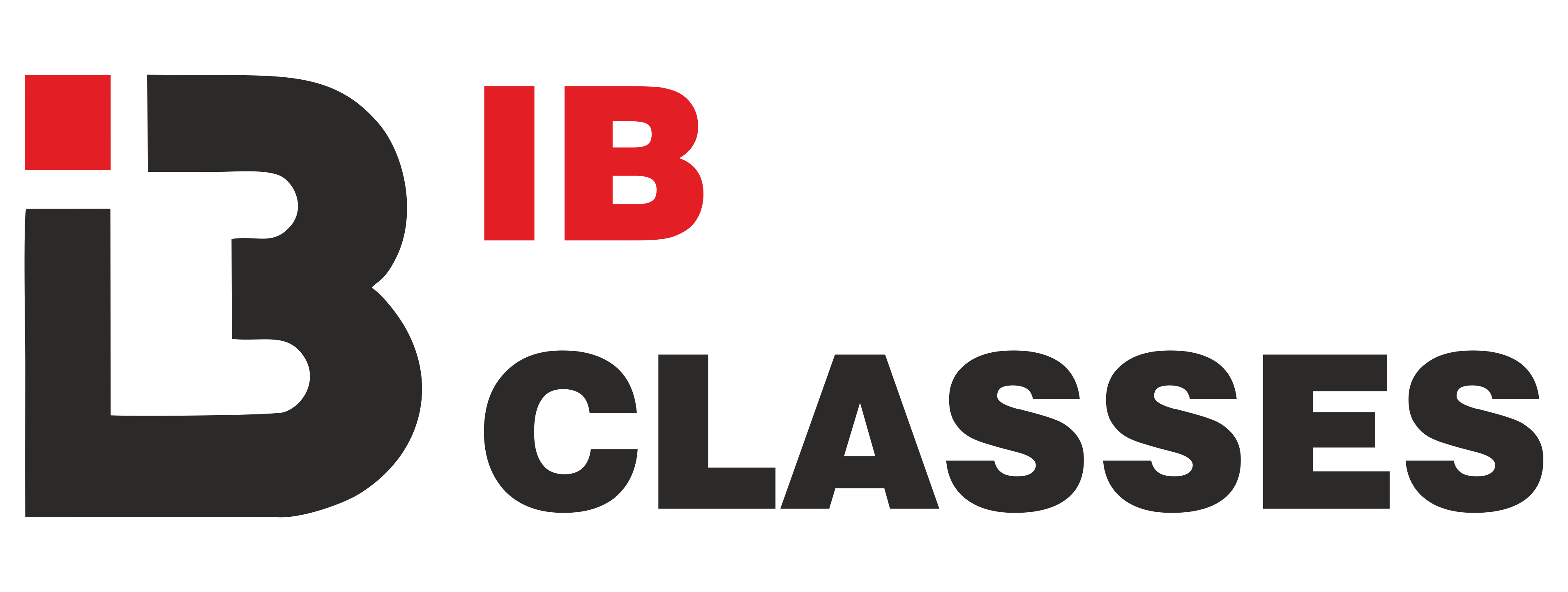Exploring the IB Diploma Mathematics Curriculum
Dive into the comprehensive and challenging IB Diploma Mathematics Curriculum to understand its structure and content.
Understanding the IB Diploma Program
The IB Diploma Program is an internationally recognized educational program that offers rigorous coursework to prepare students for higher education and the challenges of the real world.
It is designed to develop students’ intellectual, personal, emotional, and social skills, and encourages them to become active, compassionate, and lifelong learners.
Students who choose to pursue the IB Diploma Program have the opportunity to study a wide range of subjects, including Mathematics, which is an essential component of the program.
By understanding the IB Diploma Program as a whole, students can better comprehend the significance of the Mathematics Curriculum within it.
Overview of Mathematics Curriculum
The Mathematics Curriculum of the IB Diploma Program is divided into two levels: Standard Level (SL) and Higher Level (HL).
Both levels cover a broad range of mathematical topics, but HL goes into greater depth and complexity.
The curriculum is designed to develop students’ mathematical knowledge, skills, and understanding, as well as their critical thinking and problem-solving abilities.
It aims to foster an appreciation for the beauty and power of mathematics, and its applications in various fields such as science, engineering, and economics.
Throughout the curriculum, students are encouraged to make connections between different areas of mathematics and apply their knowledge to real-world situations.
Differentiation in Mathematics
One of the key aspects of the IB Diploma Mathematics Curriculum is differentiation.
Differentiation allows students to choose between SL and HL Mathematics based on their interests, abilities, and future academic or career goals.
SL Mathematics provides a solid foundation in mathematical concepts and techniques, while HL Mathematics offers a more rigorous and in-depth exploration of mathematical ideas.
The choice between SL and HL Mathematics depends on factors such as the student’s prior mathematical knowledge, their future university or career aspirations, and their personal interest in the subject.
It is important for students to carefully consider their options and consult with their teachers or advisors before making a decision.
Exploring High level vs. Standard Level Mathematics
Higher Level (HL) Mathematics is intended for students who have a strong interest in mathematics and are planning to pursue a mathematics-related degree or career.
It covers a wider range of topics and requires a greater depth of understanding and application of mathematical concepts.
HL Mathematics also involves more rigorous problem-solving and mathematical reasoning.
On the other hand, Standard Level (SL) Mathematics is suitable for students who have a general interest in mathematics or are pursuing a degree or career in a field that requires a basic understanding of mathematical concepts.
SL Mathematics provides a solid foundation in key mathematical topics and allows students to develop their problem-solving skills.
Ultimately, the choice between HL and SL Mathematics should be based on the student’s individual strengths, interests, and future goals.
Real-world Application and Benifits of IB Diploma Mathematics Curriculum
The IB Diploma Mathematics Curriculum is designed to help students develop skills that are applicable to real-world situations.
By studying mathematics, students learn to think critically, analyze data, solve problems, and make informed decisions.
These skills are valuable in a wide range of fields, including science, engineering, finance, and technology.
The curriculum also emphasizes the use of technology, such as graphing calculators and computer software, to enhance mathematical understanding and facilitate problem-solving.
Furthermore, the IB Diploma Mathematics Curriculum prepares students for further study in mathematics at the university level, as well as for careers that require strong quantitative skills.
Overall, the curriculum equips students with the tools and knowledge they need to succeed in an increasingly complex and data-driven world.
